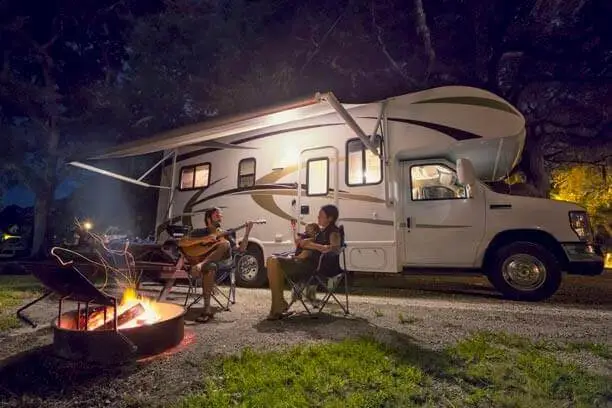Is Your RV Ready for Summer Road Tripping? Your RV Pre-Trip Checklist


Gone are the bitter cold months – summer is finally here! Before you drive your RV out of storage and onto the open road, make sure you’ve checked off these 9 RV travel tips to ensure your summer adventure goes smoothly.
You may recall winterizing your RV for storage last fall. Tasks like putting anti-freeze in the water system, removing the battery, unplugging appliances and more now need to be reversed to get your RV up and running. Here are few to-dos:
Now that your RV has been dewinterized, it’s time to assess routine RV maintenance needs, like any vehicle requires. Make sure you:
An RV is much larger than a car or truck and usually requires a refresher on how to handle a vehicle of its size. Make sure you take time to familiarize yourself by adjusting mirrors, seat position and steering wheel height before you put it in drive. Once situated, take your first drive distraction-free by turning the radio off and placing your phone on do not disturb. For more extensive driving practice, head to an empty parking lot or drive down less traveled roads to get comfortable.
When you travel in an RV, you’ll notice you have to pay more attention to vehicle restrictions. Mapping your routes out ahead of time is a good way to minimize surprise detours and stops. Once you have a road plan of how to get from point A to point B, look at how long it’ll take and whether you need to account for any overnight rest stops – and if so, where those will be.
Before you head off, make sure you’ve gone through your packing list twice to make sure you’re not missing any important items like medicine or cookware. Your RV packing list might include:
To limit the amount of unexpected stops, make sure you’ve stocked up on essentials like snacks, food, water, gas and all the necessities to go in your roadside emergency kit. Don’t forget to add safety devices like a fire extinguisher and alarm to your RV essentials list.
Traveling in an RV allows you to go anywhere at any time, but unfortunately campsites and RV parks still require a reservation ahead of time. Make sure you’re making reservations well in advance and review park policies on late check in, check out and last-minute cancellations. Don’t forget to make sure each stop has the right amenities for your rig — like a connectable septic tank.
As you travel across state lines don’t forget the varying laws and regulations when it comes to parking restrictions, speed limits and more. What may be considered OK in one state may not be allowed in another.
Just like any vehicle, your RV needs insurance coverage. Contact your insurance agent to make sure your RV coverage is up-to-date or in place if not already. If you have questions about insurance coverage on an RV, connect with your local Farm Bureau agent.